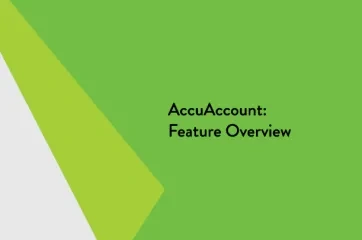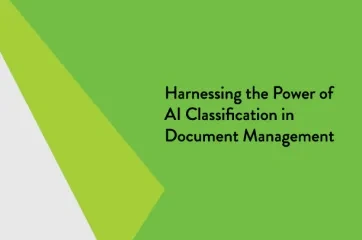What are Aging Exceptions?
The term “aging exceptions” refers to a group of critical exceptions that have not been resolved within a reasonable amount of time. Determining what is “reasonable” can be fairly nuanced, but an exception that is at least 90 days old would be considered an aging exception by most financial institutions. Missing title policies, deeds of trusts, and collateral documents are critical issues that could become aging exceptions if left unresolved.
Why Financial Institutions Track Aging Exceptions
Proactive monitoring and management of aging exceptions is important for multiple reasons:
Compliance: Critical loan documents that have been missing for months can raise red flags during audits and exams.
Operational Efficiency: Some exceptions take longer to resolve than others. However, a massive list of aging exceptions may be indicative of ineffective processes that erode operational efficiency.
Accountability & Training: An exception can fall behind due to situations outside of the financial institution’s control, such as when a customer or member fails to respond to correspondence. Some aging exceptions, however, are simply the result of staff oversights. Such situations may underscore the need for coaching, training, or corrective actions.
Gaining Visibility with Aging Reports
The use of aging reports is one of the most common ways that banks and credit unions identify excessively past due exceptions. Usually prepared quarterly, aging reports surface important details to the financial institution’s president, vice presidents, C-level staff, and other stakeholders. Allowing users to slice and dice the data by assignee, exception type, and other variables makes aging reports more actionable and useful.
Most aging reports will at least include those critical exceptions that have surpassed the 90-day window. Some financial institutions also include other exceptions that are less aged. For example, a bank might decide to include all critical documents that have been missing for over 30 days.
Tracking Aging Exceptions & Generating Reports
Financial institutions have frequently relied on spreadsheets to track aging exceptions and generate reports. Although they’re relatively easy to use and do not require large upfront investments by the bank or credit union, spreadsheets can be prone to data entry errors. Tracking aging exceptions in spreadsheets can also lead to inaccurate management reports due to oversights, such as when a team member forgets to clear an exception.
By contrast, using a system like AccuAccount involves less manual data entry and offers prebuilt reporting capabilities for aging exceptions. Categorizing and controlling critical exception data is straightforward in AccuAccount, making it easier to ensure accuracy. Scanning or uploading missing documents can automatically resolve past-due exceptions, leading to less administrative work and enhanced data reliability.
Learn More about Exception Management
Read additional banking definitions from Alogent and continue learning about exception management. Browse our Innovation Hub for access to dozens of free resources, including videos, infographics, blog posts, and upcoming events.








